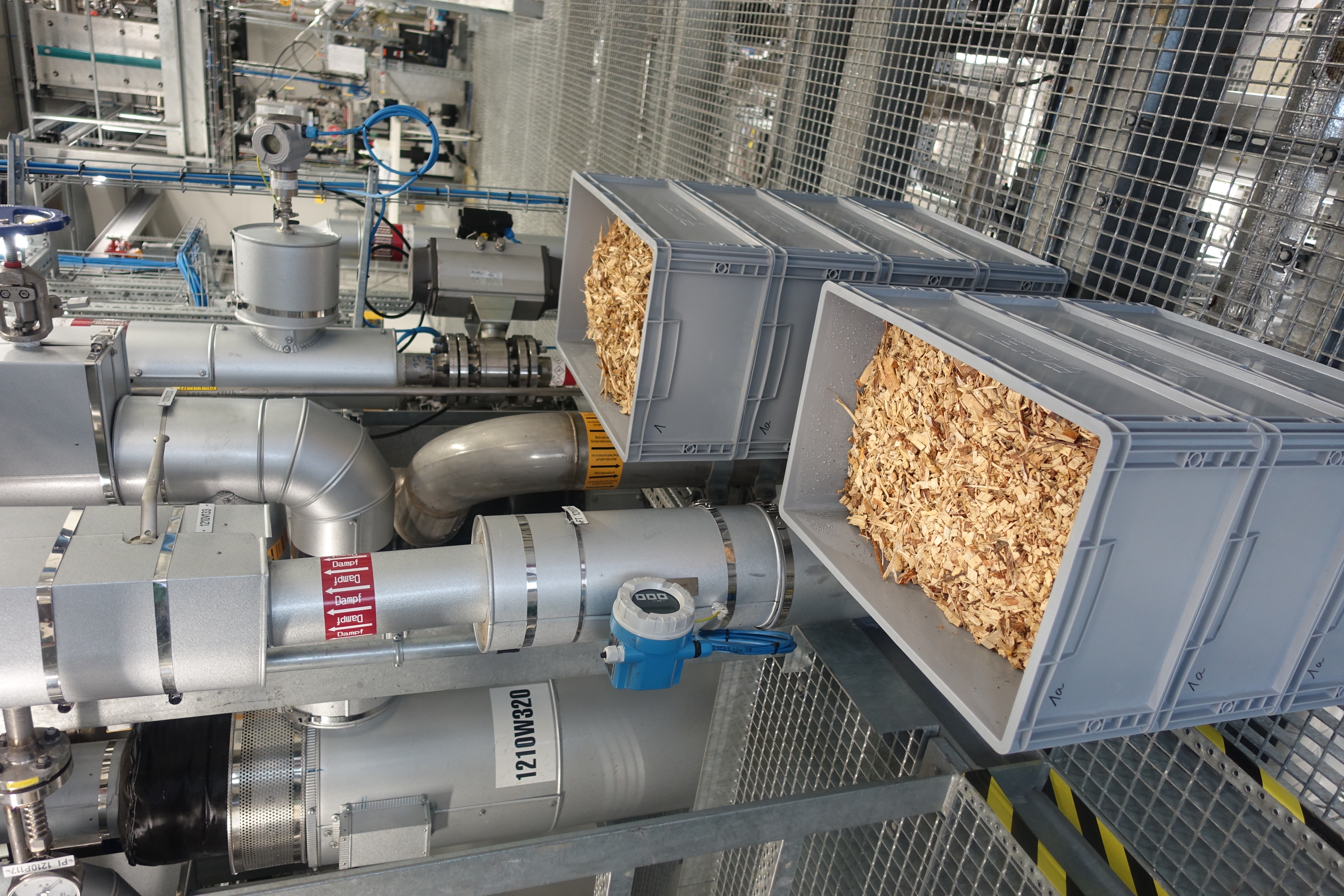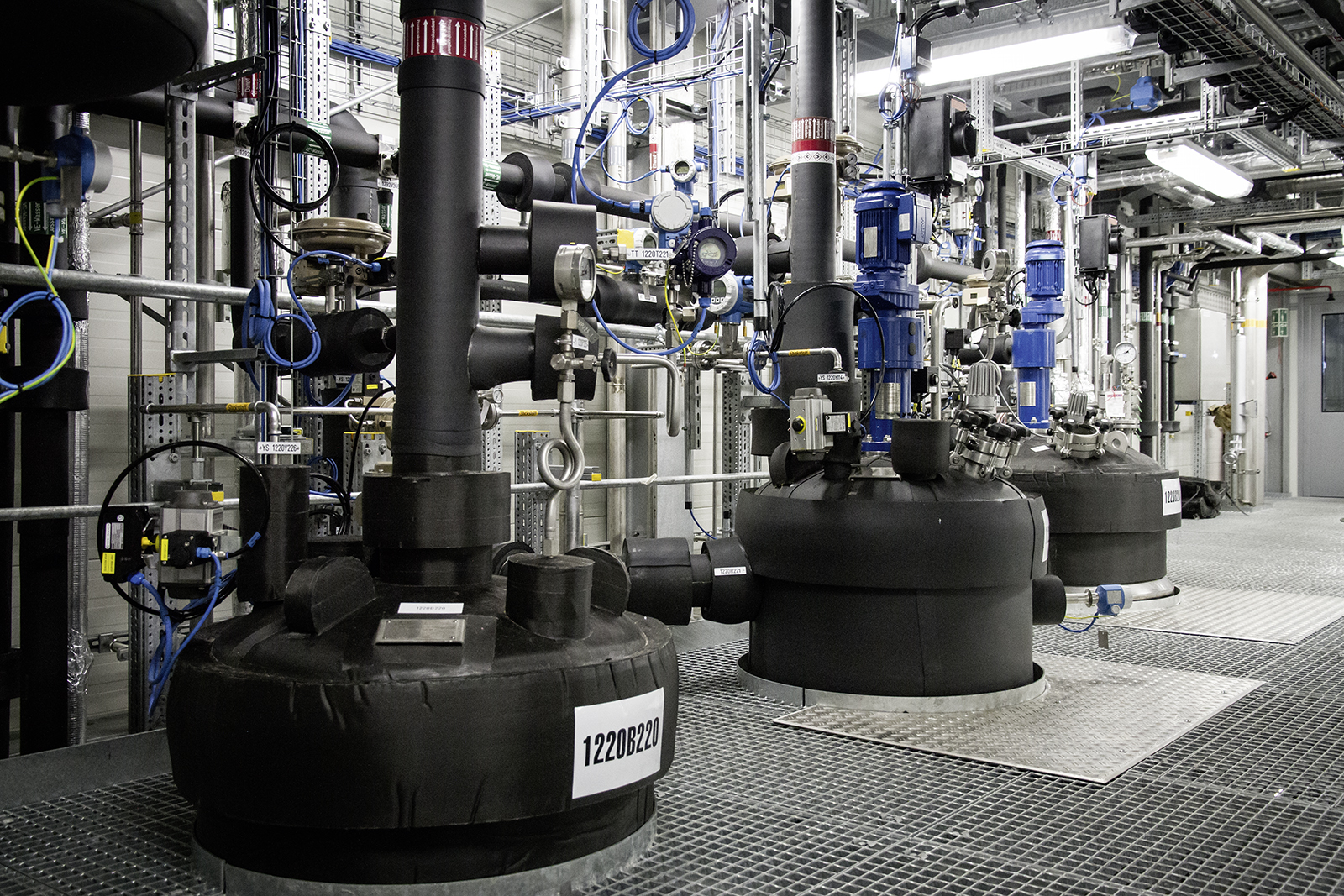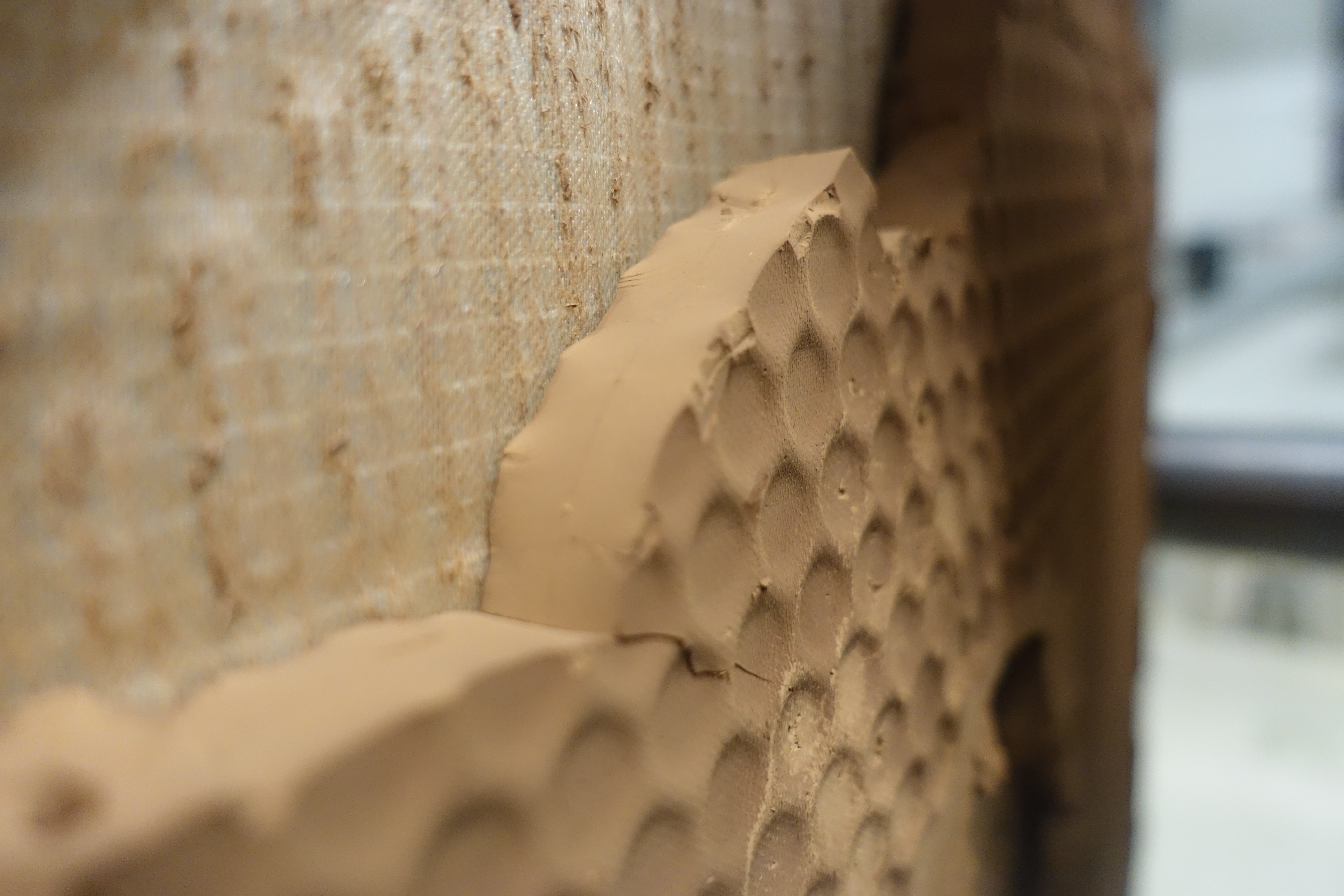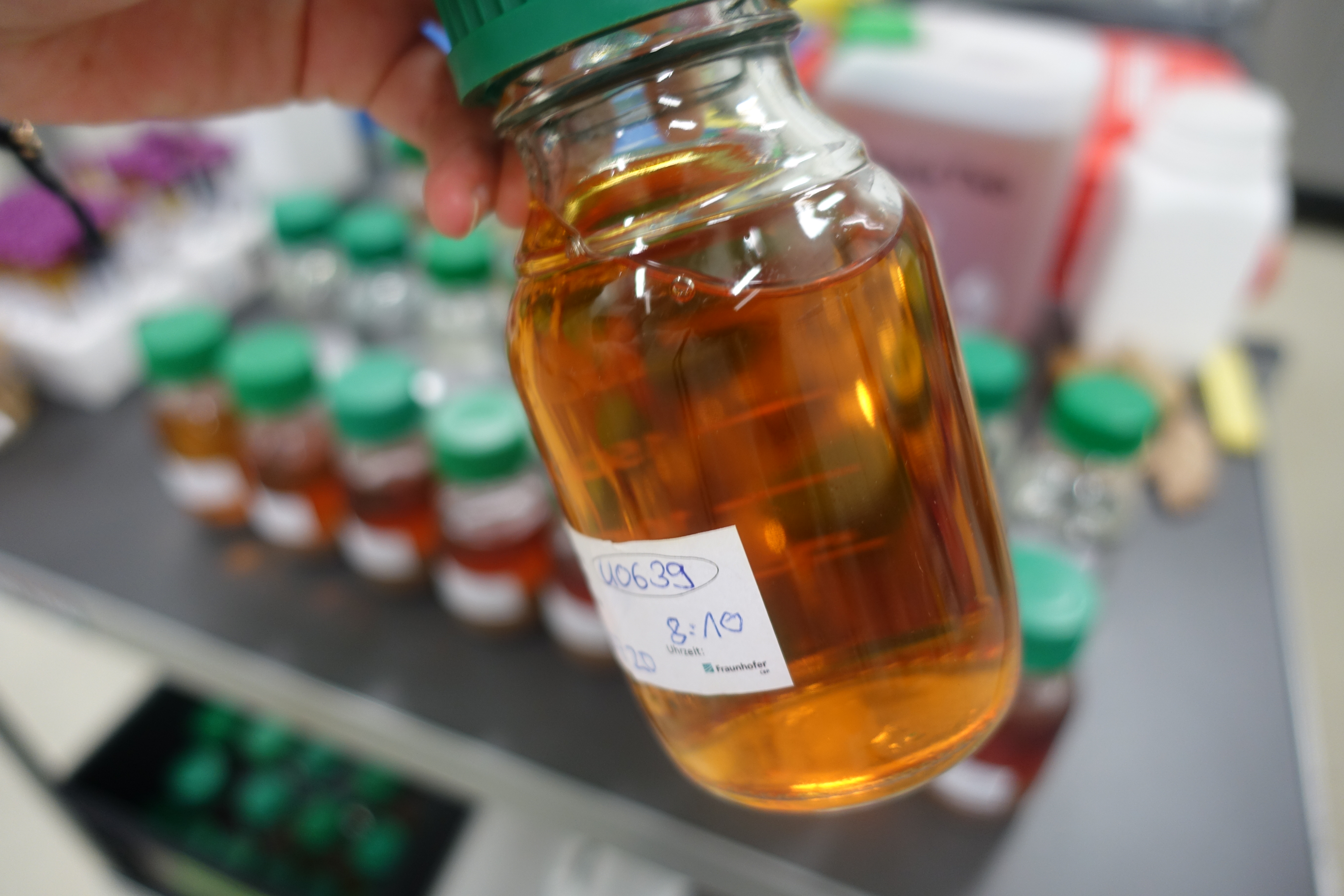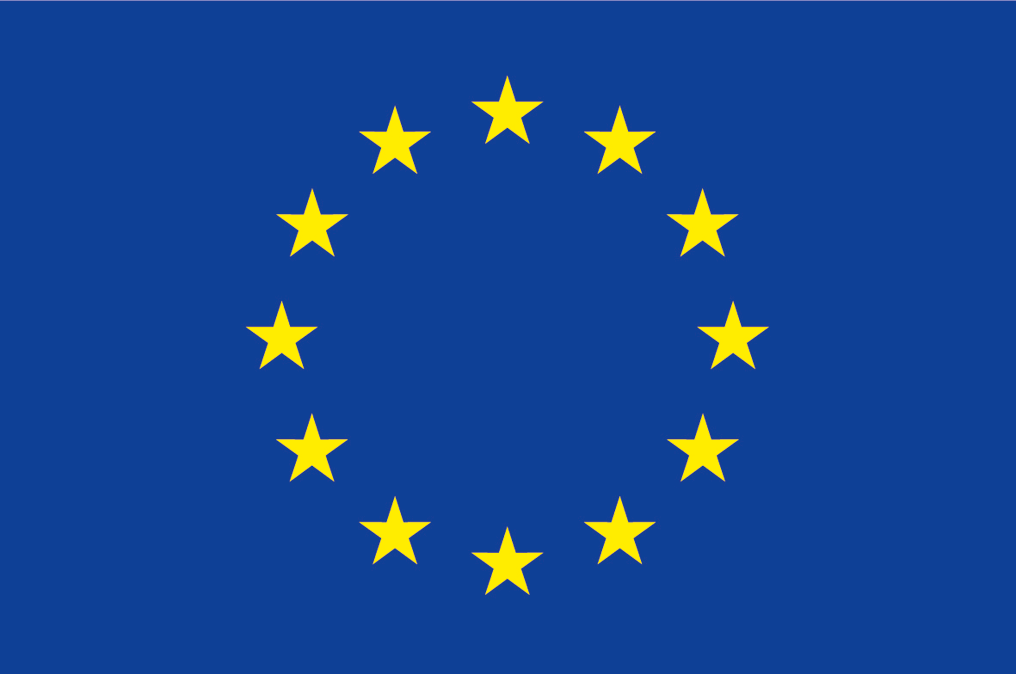The UNRAVEL project aims to develop advanced pre-treatment, separation and conversion technologies for complex lignocellulosic biomass. The technology relies on pre‑extraction, fractionation using low-temperature acetone and subsequent downstream processing to isolate and convert the lignocellulosic constituents into high-value applications. This will produce usable lignin fragments and monomeric sugars from the cellulose along with a hemicellulose fraction suitable for biochemical conversions.
It will bring together specialists with expertise of the entire value chain from feedstock composition, chemical pulping and pre-treatment, enzymes production, polymer chemistry, separation and reactor engineering, techno-economic and sustainability assessments and knowledge dissemination, exploitation and communication.
 Fraunhofer Center for Chemical-Biotechnological Processes CBP
Fraunhofer Center for Chemical-Biotechnological Processes CBP